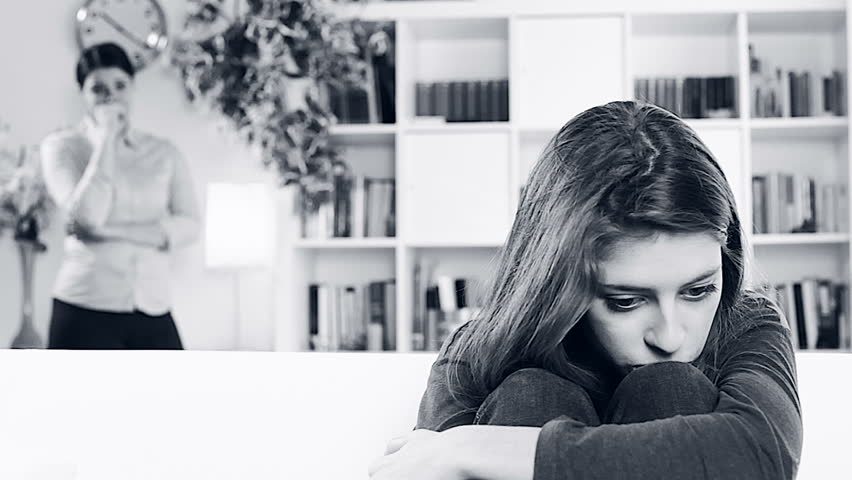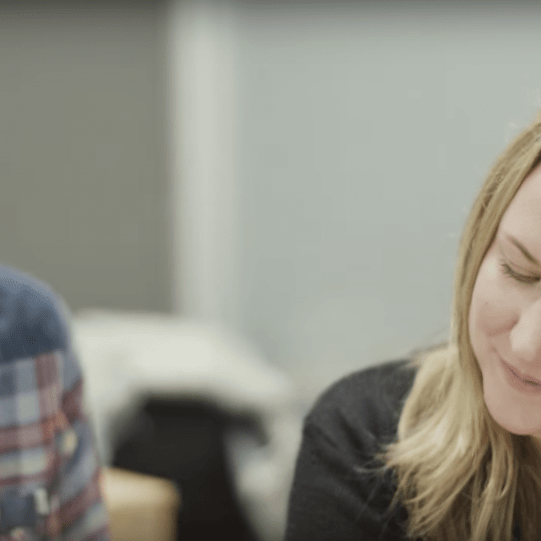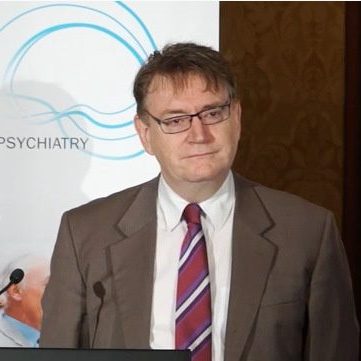 New research released on the eve of Sydney World Pride shows LGBTQIA+ young Australians leading the way in seeking professional support for their mental health.
New research released on the eve of Sydney World Pride shows LGBTQIA+ young Australians leading the way in seeking professional support for their mental health.
The headspace National Youth Mental Health Survey found 76 per cent of participants who identify as LGBTQIA+ said they would seek support from a mental health professional if they were experiencing a mental health problem.
That’s significantly more than the 69 per cent of heterosexual and cisgender young people who said they’d feel comfortable doing the same.
In the last year, 30 per cent of young people coming to headspace centres were part of the LGBTQIA+ community.
Headspace National Clinical Advisor Rupert Saunders said: “Mental health services like headspace are essential for young people who identify as a member of the LGBTQIA+ community, who the survey also found were significantly more likely to report high or very high levels of psychological distress or to experience loneliness and isolation.
“It’s heartening to see so many LGBTQIA+ young people know help is available and that they trust headspace to support them in tough times.
“The survey also found young people identifying as LGBTQIA+ were less likely than their peers to seek support from friends or family, who we know are essential figures in early intervention in mental ill-health.
“Young people from families that fully support their sexuality and gender identity have better overall health, mental health and higher self-esteem.
“So it’s important families educate themselves about the experiences of LGBTQIA+ young people and learn how best to support their young person openly.
“This signals to young people that you are loved and there for them.
To coincide with Sydney World Pride, headspace has released Out-Spoken, a series of frank and fun conversations between queer young people talking with one other about coming out, community and pride.
One of the young people featured in Out-Spoken is headspace online peer support moderator Zoe Tizard, who says.
“I want LGBTQIA+ young Australians to know they’re never alone. It’s OK to ask for help from your friends, family, or even professionals like headspace.
“Reaching out and talking to my friends and family was an essential first step in exploring who I am and expressing my identity freely.
“It was scary, but they were supportive and inclusive and proud of me for being true to me.
“It’s not always safe for people to reach out to family or friends, and that’s when you might seek professional support from an organisation like headspace.
“I found online communities like headspace spaces to learn more about my identity and to connect with other LGBTQIA+ young people.”
Watch the Out-Spoken series here: headspace.org.au/lgbtiqaplus
Young people aged 12 to 25 and their family and friends can visit headspace for support. Help is also available via phone and online counselling service headspace seven days a week between 9 am–1 am (AEST). The number is 1800 650 890.
If you’re looking for someone to talk to immediately, Lifeline (13 11 14) and Kids Helpline (1800 55 1800) are available to talk 24/7.


